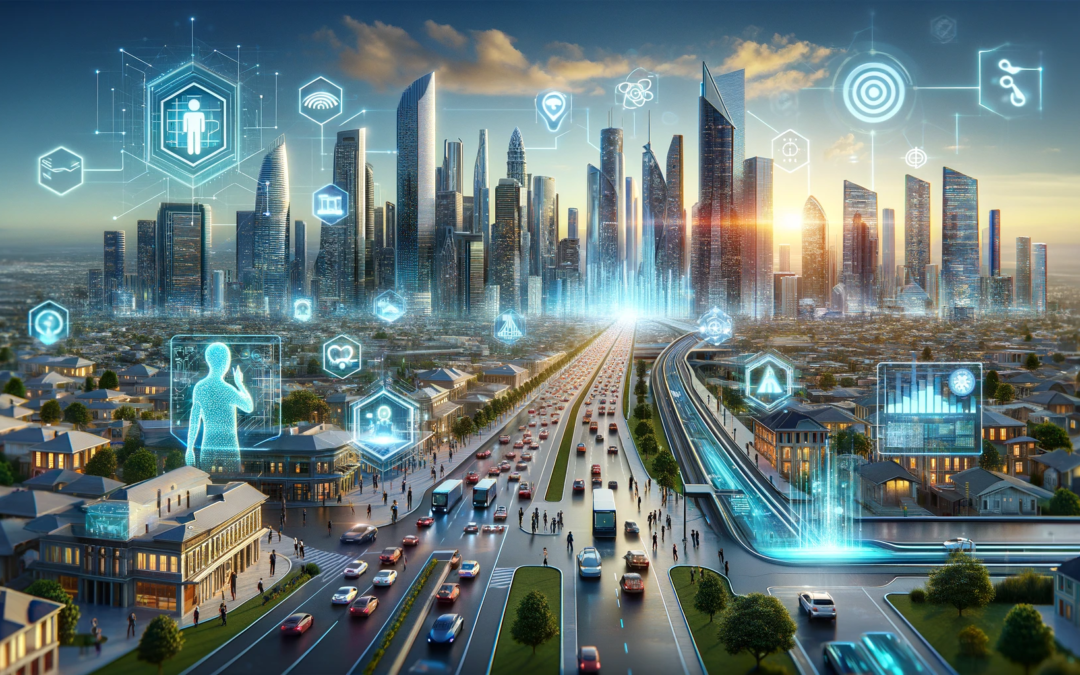In the tapestry of human history, the concept of feudalism conjures images of medieval lords and vassals, a system where power and resources were concentrated in the hands of a few. Fast forward to the 21st century, and we are on the cusp of a new era, one that’s subtly shaping into a modern version of this age-old system – let’s call it Feudalism 2.0. This transformation is largely driven by the rapid advancements in artificial intelligence (AI), reshaping not just economies and industries, but the very fabric of society.
At the heart of this transition is the Great Reset, a term that has gained momentum in recent times. It’s a concept that envisions a major overhaul of the world’s systems and structures, with AI as a pivotal player. However, unlike the resets of the past, this one is not marked by revolutions or wars, but by the silent, steady infiltration of AI into our daily lives.
In Feudalism 2.0, data is the new land, and those who control AI are the new lords. Just as land was the primary source of wealth and power in medieval times, today, data holds that key. Companies with the most sophisticated AI algorithms have the power to harvest, analyze, and monetize vast quantities of data, giving them unprecedented control over economies and societies. These AI-driven entities are becoming the gatekeepers of information and influencers of consumer behavior. From what we see on our social media feeds to the products recommended to us, AI shapes our perceptions and choices, subtly weaving its influence into the fabric of our daily existence.
The Great Reset, powered by AI, promises many benefits. It can lead to more efficient economies, personalized services, and solutions to complex global challenges like climate change and health crises. However, this reset also poses significant risks. One of the biggest concerns is the widening inequality gap. As AI continues to advance, there’s a growing divide between those who have access to and control over these technologies and those who do not. This divide is not just economic; it’s also about knowledge and influence. Those who understand and can leverage AI will be in a position of immense power, much like the lords of old.
As we navigate this new era, the ethical implications of AI cannot be overstated. We need to ask tough questions about privacy, surveillance, and the potential for AI to be used for control rather than empowerment. The challenge is to ensure that this Great Reset leads to a more equitable, not less, society. This requires a concerted effort from governments, businesses, and civil society. Regulations and policies must be put in place to ensure that the benefits of AI are shared widely and that its application is guided by ethical principles. Education and awareness are also crucial, as a society informed about AI is better equipped to shape its use in positive ways.
As we stand at this crossroads, the path we choose will determine the course of our future. Will Feudalism 2.0 and the Great Reset lead to a new age of prosperity and equality, or will they exacerbate existing divides and create new forms of domination? The answer lies in how we manage this transition. It’s about making AI work for everyone, ensuring that its benefits are not just for the few but for the many. It’s about creating a society where technology serves humanity, not the other way around.










